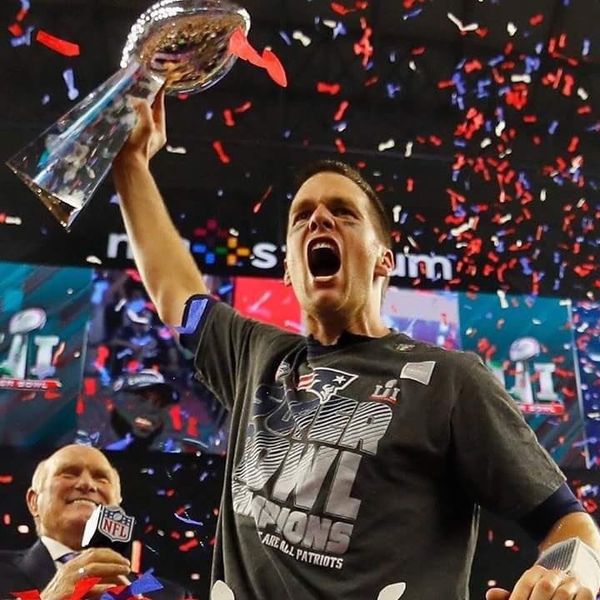It seems as though no matter where you turn today, political battles are everywhere. News broadcasts, social media feeds, and even our television comedic reliefs are flooded with political opinions and statements. Whether you’re a Trump supporter or not, there’s no denying that we are getting a full coverage of both sides of the political spectrum. While we can blame this on the prominence of these modern issues, a line stands somewhere.
Sunday, February 5, 2017, the 51st Super Bowl took place in Houston, Texas. Millions of football fans tuned in to witness the victory of the New England Patriots over the Atlanta Falcons. The game itself was a memorable one as it was the first overtime victory as well as the biggest comeback in Super Bowl history. However, upon further analysis of the entire Super Bowl phenomenon, it seems that there was much more than a nail biter game to this event.
One of the most common and well known themes of the Super Bowl is the idea of unification and patriotism as football is “America’s sport.” Yet the last thing that partook were these things. Starting off with the obvious of Lady Gaga’s halftime performance, it was clear that her ideals took jabs at what is now politically taking over our nation. Lady Gaga is known to advocate pride in individuality, LGBTQ, etc. which is exactly against vice-President Pence’s principles (who also made an appearance at the Super Bowl). If any coverage of Pence’s reaction to Lady Gaga’s performance were captured, it would’ve been far beyond awkward. (Perhaps it would’ve given the Lady Gaga vs. Spongebob Squarepants memes a run for their popularity.)
As the advertisements this year were a considerable comedic let down in comparison to last year, there was no doubt a battle between the liberal and conservative ideals held among companies. For example, Coca Cola aimed for a worldwide inclusiveness with “God bless America” being sung in multiple world languages. Budweiser beer even took a different path from the typical beer commercial filled with half naked women. Instead, they told the story of Adolphus Busch’s journey as an immigrant from Germany to America in the 1800s. Both of these major companies took liberal standpoints of accepting people of different ethnicities and backgrounds into our country. Even further, adding this inclusiveness into our important rituals of Super Bowl Sunday. For these companies who are so notable to the Super Bowl commercial breaks to assert their political views through their advertising was ambitious to say the least. Pushing their ideals, also, no doubt caused conservatives across the country to scoff at their televisions and post something “witty” on their Facebook page.
A football field is comparable to a battlefield: two sides, tough fighting, and one winner. However, this year’s battle wasn’t just on the field. While we hold our political views near and dear to our hearts, it’s almost pathetic. On the one hand, perhaps I simply don’t understand what Budweiser and Coke has to do with liberalism. Maybe I just don’t get that the New England Patriots’ comeback represented Donald Trump’s presidential candidacy. To me though, the Super Bowl is about cracking open a cold one and watching one of the greatest sporting events in the world with some good friends (no matter their political views). And that’s exactly where the line stands of the boundary between politics and entertainment.





















